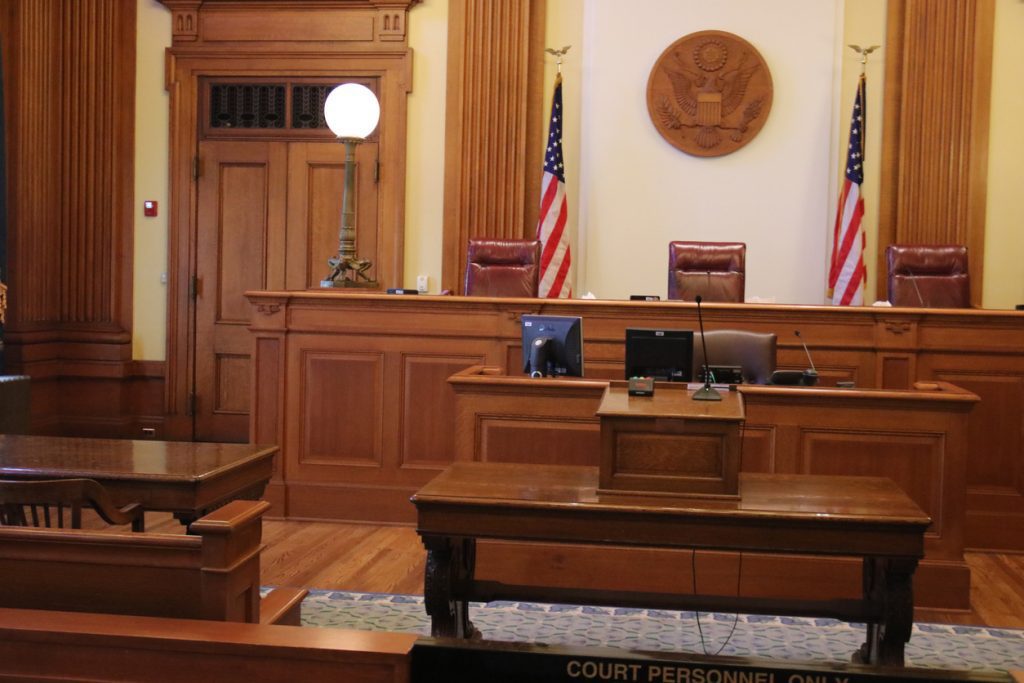When you’re on probation, parole or supervised release, your goal is to show your sentencing judge and probation officer that you no longer need government monitoring. Below are tips to avoid common pitfalls people can run into during this phase of the criminal justice process.
Tip #1: Know What You’re Getting Into on Probation
You have to remain resilient. Your attitude towards being on parole, probation or supervised release is key to your success throughout the process. While this is a period of increased freedom, you still must abide by many limitations and conditions: regular urine analysis, unannounced visits at home or work, permission to travel or leave the state or district, mandatory counseling, etc. Probation officers can search your property (house, car, etc.) as a condition of probation at any time.
While people have more rights on probation, all rights are not fully restored. A judge can still return someone to jail or prison for a violation without the right to a jury trial. In many states, prosecutors only have to show that someone more likely than not violated their conditions of release. The burden of proof is not high, giving you all the more reason to remain vigilant.

Tip #2: Take Time to Read Your Judgment of Sentence and Probation Order
The final judgment of sentence in your case will likely say something about the conditions and expectations of your probation. In addition, your state or district will likely have standard conditions of release that apply to everyone under their jurisdiction. You must familiarize yourself with the rules of the road.
Ask questions. Double check the answers. Use the resources available to you. There is a lot at stake. When in doubt, ask again until you are at ease so nothing goes wrong. If needed, check with a lawyer or a nonprofit organization dedicated to helping formerly incarcerated people with probation issues. But don’t put your hard-earned freedom at risk.
Some of the most common conditions of probation are also ones that often trip people up. Don’t let that happen to you. Make a commitment to comply with all the conditions until your probation officer says you no longer have to. Remember that a violation can extend the length of your supervised release and even result in a return to prison.
Tip #3: Get to Know Your Probation Officer and Earn Their Trust and Respect
It is not an overstatement to say this is one of the most important relationships in your life during this period. Make it count. Your probation officer can influence everything from travel passes to second chances if you unwittingly make a mistake. These officers have a lot of discretion. The worst thing you can do is take an adversarial approach toward them. Instead, work to earn their trust and respect. Focus on every interaction you have with them. Take nothing for granted.
The time and effort you invest in the relationship with your probation officer can pay off handsomely. Probation officers tend to reward people who are cooperative and proactive. Communicate honestly. They are used to catching people in lies. Strive to be perceived differently. Always keep your word. And, in some cases, don’t be afraid to admit a mistake. Stay humble. Keep it professional, but let them know what’s going on in your life. They appreciate a heads up if there is trouble on the horizon at work, at home, in relationships, etc. Don’t wait until things become a crisis to seek their help.

Tip #4: Report Changes in Your Residence and Employment Immediately
You must report any change of residence or employment to your probation officer in advance, if possible. Check your probation officer’s specific notice requirements. You should also report any changes in your contact information without delay, including email addresses and phone numbers. Your probation officer should have your most up-to-date contact information at all times.
A proposal to relocate to another state is a more significant request than an in-state change of address. Before any desired relocation, you must submit it for discussion and approval to your probation officer.
Probation officers expect you to promptly report any changes related to employment (company, job status, etc.). Many federal districts require notice at least 10 days in advance or within 72 hours after learning of a change. Check the notice requirements that apply in your jurisdiction. A good rule of thumb? The sooner, the better.
Stay tuned for Part II later this week.






